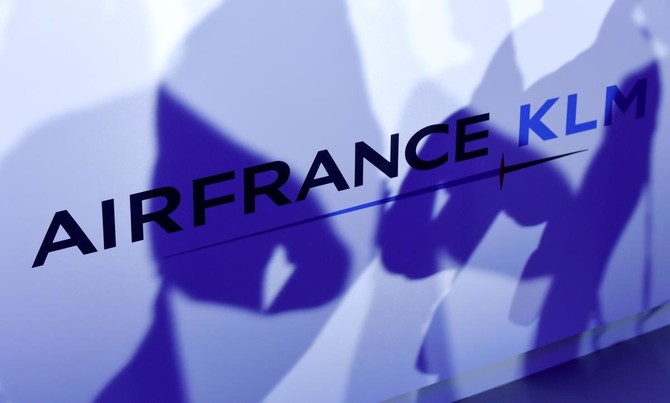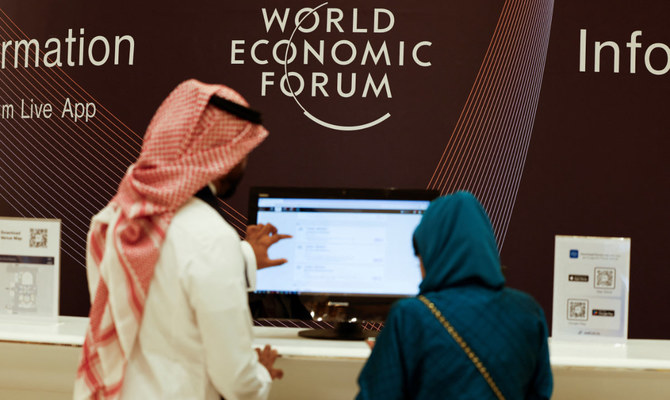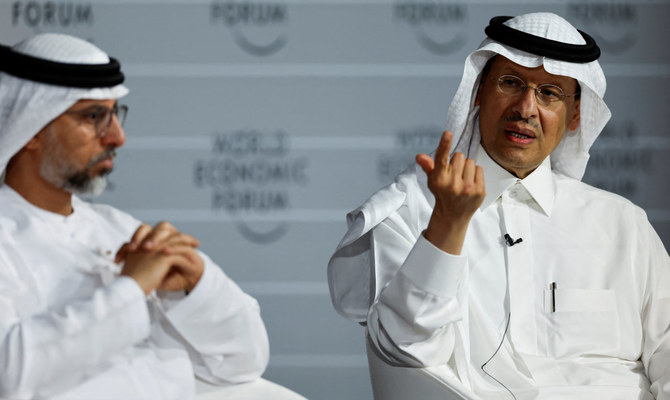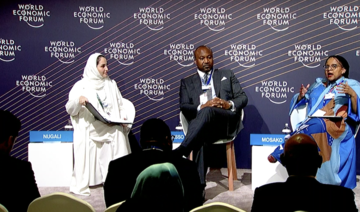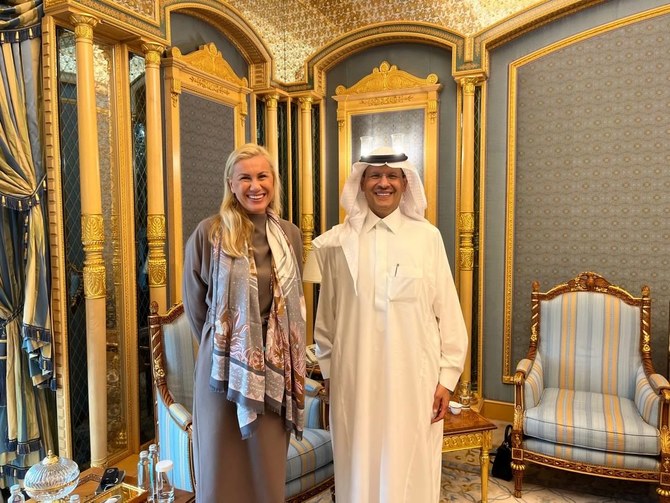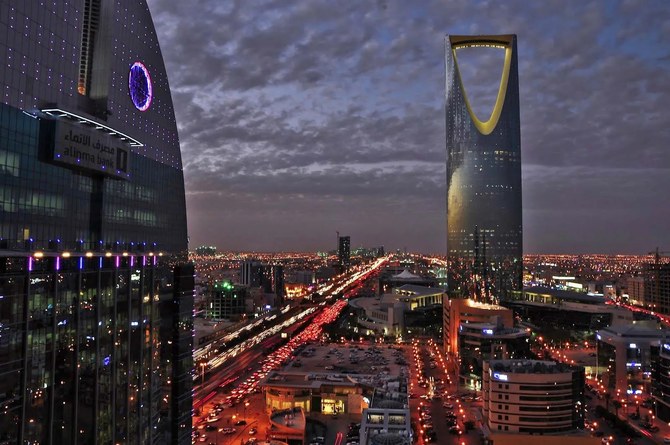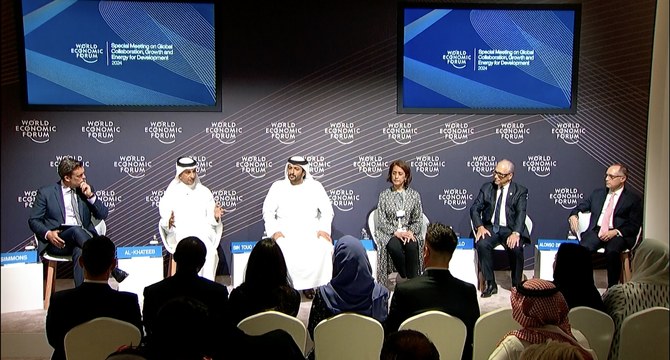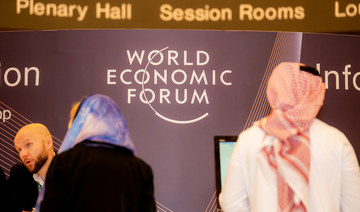PARIS: Air France-KLM named its first non-French chief executive on Thursday, handing the reins to Air Canada's Ben Smith despite strong resistance from the group's powerful trade unions.
It was "inconceivable that the Air France company, French since 1933, falls into the hands of a foreign executive whose candidacy is being promoted by a competitor," said a statement from nine out of 10 Air France unions on Thursday morning.
The competitor referred to was Delta Airlines, the US airline which owns 8.8 percent of the capital of Air France-KLM, the parent group formed out of the merger of Air France and KLM of the Netherlands in 2004.
The union statement added that the new boss needed "intimate knowledge... of the French social model", which often results in confrontations between employees and management.
The group's management said Thursday evening that Smith, the current number two at Air Canada who won approval from the French government, would start work with the group by the end of September.
"It's a chance for Air France-KLM to attract a leader of this stature who has great experience acquired through 19 years with Air Canada, an openness to dialogue and a large capacity to transform," Economy Minister Bruno Le Maire and Transport Minister Elisabeth Borne said in a joint statement.
The French state retains a 14.3-percent shareholding in Air France-KLM.
One of Smith's biggest tasks will be negotiating a new pay deal with the French labour groups behind a series of strikes between February and June that forced out former boss Jean-Marc Janaillac.
"I am well aware of the competitive challenges the Air France-KLM Group is currently facing and I am convinced that the airlines' teams have all the strengths to succeed in the global airline market," Smith said in a statement after the announcement.
As chief operating officer at Air Canada, Smith has experience of sensitive labour negotiations, having led talks with pilots' and flight attendants' unions ahead of the launch of low-cost operator Air Canada Rouge.
But his proposed salary, reported to be several times higher than that of Janaillac, could also undermine goodwill towards him among employees, who have suffered years of cutbacks and job losses.
Liberation newspaper reported it could be as high as 3.0 million euros ($3.4 million dollars).
The union representing pilots at KLM, the Dutch arm of the group, has also made fresh pay demands and threatened strikes unless a new deal is offered to its members.
"I'm sure he has an idea of the magnitude of the challenge," Chris Tarry, an aviation analyst in Britain, told Bloomberg news agency.
"Would I book a long-haul flight on Air France? It's a question, because there's a risk they'll be on strike," he said.
The Franco-Dutch airline had been searching for a new boss since Janaillac resigned in May, having gambled his job on getting Air France staff to accept a new pay deal after months of strikes.
Smith's nomination may also be accompanied by a shake-up of the company's governance, with the splitting of the roles of chairman and chief executive, which were previously held by the same person.
Les Echos business daily, which reported the change, said the new management structure would bring the company into line with American and British practice.
Air France shares have plunged more than 35 percent since the start of the year, although they have stabilised since Janaillac's departure.
The group this month estimated the cost of the 15 days of French strikes between February and June at 335 million euros.
After years of losses and restructuring, the company has returned to profit, leading to the increased pay demands from unions.
It reported net profits of 109 million euros for the second quarter -- down sharply from 593 million for the same period last year, although that figure was boosted by new accounting rules.


